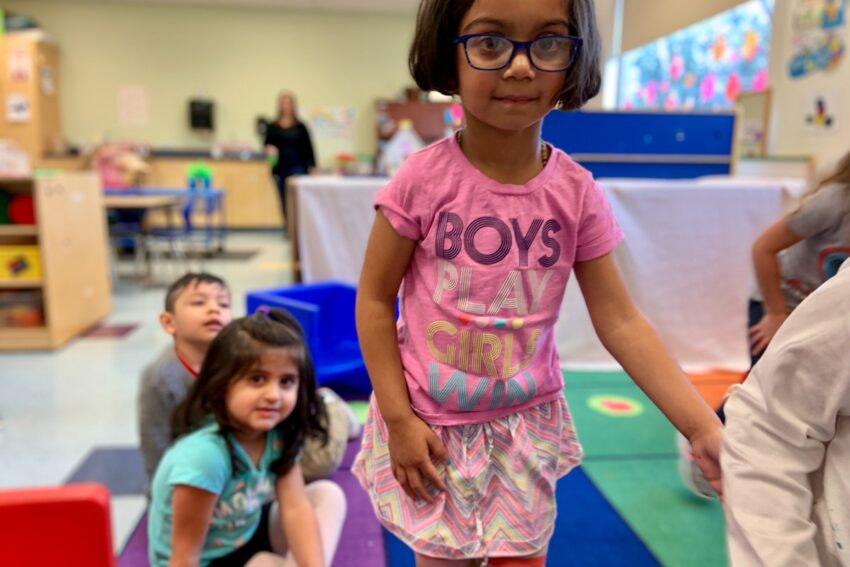THE SCOPE AND APPLICATION OF MONTESSORI TEACHERS TRAINING
Montessori teachers training is a specialized program that empowers educators with the knowledge and skills needed to effectively implement the Montessori philosophy and methodology in their classrooms. The scope of this training program is vast, including various aspects of child development, classroom management, and teaching techniques. This essay aims to explore the scope and application of Montessori teachers training, highlighting its significance in today’s educational landscape.
First and foremost, Montessori teachers’ training equips educators with a thorough understanding of Maria Montessori’s educational philosophy. This philosophy emphasizes the importance of creating a prepared environment that fosters independence, curiosity, and self-directed learning in children. By immersing themselves in Montessori principles, teachers gain a deep appreciation for the child’s innate capabilities and the role of the teacher as a facilitator rather than a traditional instructor. This understanding forms the foundation of Montessori teachers training, guiding educators in their approach to teaching and interacting with their students.
Furthermore, Montessori teachers’ training provides invaluable insights into child development, focusing on the different stages of growth and the corresponding educational needs of children. Through comprehensive coursework and practical experience, teachers gain an in-depth understanding of the physical, cognitive, social, and emotional development of children. This knowledge allows them to create individualized lesson plans and activities tailored to meet the specific needs and interests of each child in their classroom. Montessori teachers are trained to observe their students closely, recognizing and nurturing their unique strengths and helping them overcome any challenges they may face.
Furthermore, Montessori teachers’ training is suitable for educators working with children of diverse abilities and backgrounds. By focusing on individualized instruction and catering to each child’s unique learning style, Montessori education promotes inclusivity and fosters a sense of belonging among students.
The scope of Montessori teachers training also extends beyond the classroom. Many Montessori-trained educators are sought after for their holistic approach to education, which emphasizes the development of the whole child – intellectually, socially, emotionally, and physically. This comprehensive approach equips learners with essential skills and attitudes that extend well beyond their academic journey.
In addition to understanding child development, Montessori teachers’ training equips educators with effective classroom management techniques. Teachers learn how to create a peaceful and structured learning environment that promotes collaboration and supports independent work. They are trained in utilizing Montessori materials and designing engaging activities that stimulate the child’s natural desire for exploration and discovery. By mastering the art of observation, teachers can effectively assess the progress and needs of each student, making necessary adjustments to their teaching strategies as required.
Moreover, This training equips educators with transferrable skills that can be applied in various educational settings. While primarily associated with early childhood education, the Montessori philosophy can be adapted and implemented in primary and even secondary school classrooms. The principles of individualized learning, self-discipline, and respect for the child’s innate abilities remain relevant at any stage of education. Therefore, Montessori teachers’ training equips educators with the necessary flexibility and adaptability to cater to the diverse needs and age groups.
In conclusion, this training is a comprehensive program that equips educators with the knowledge, skills, and mindset needed to implement the Montessori philosophy effectively. The scope of this training encompasses understanding child development, creating a prepared environment, implementing effective classroom management techniques, and collaborating with parents. By investing in Montessori teachers training, educators are empowered to create nurturing and engaging learning environments that inspire children to reach their full potential.
Thanzeeha Nargis
Whatsapp: 9188873621

